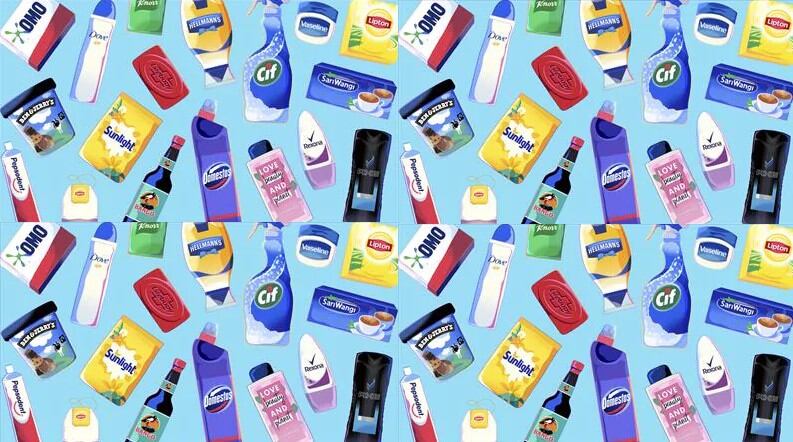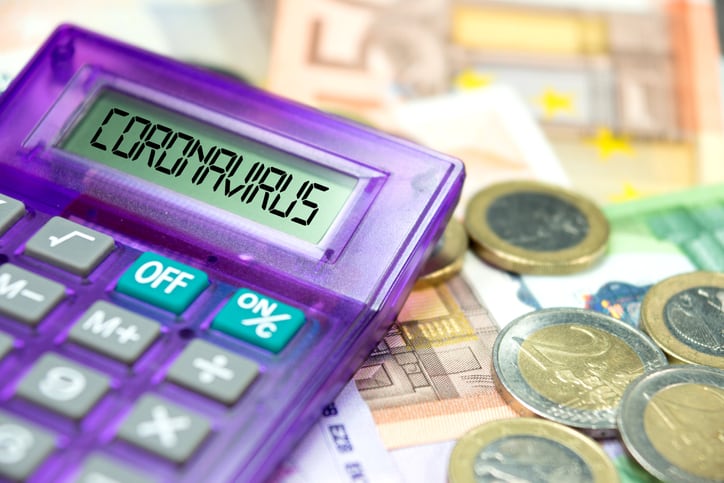Following 18 months of review, the Unilever board agreed to move from its long-standing dual-headed legal structure, split between the UK and Netherlands, to a single parent company registered in London. The announcement comes two years after the board withdrew an initial proposal to unify Unilever’s corporate structure under a Dutch holding company.
The latest unification plan remained subject to shareholder and regulatory approvals – though Unilever said it received “widespread support for the principle of unification” two years ago – and was set to be completed towards the end of 2020.
Unilever anticipates ‘significant benefits’ for business
Under the merged entity, Unilever and its entire portfolio of consumer packaged goods (CPG) brands – from Lifebuoy, Dove, Rexona and Sunsilk to Knorr, Lipton, Domestos and Surf – would legally operate under one single company, though its business locations and operations would remain unchanged, with beauty and personal care and home care running out of London, UK, and food and refreshment from Rotterdam, Netherlands.
Unilever said the legal unification would bring the company “significant benefits”, notably by making acquisitions or demergers easier to carry out.
“Unilever remains committed to its strategy of long-term growth across all three divisions and last year began a full evaluation of its current categories and brands, with a view to accelerating the pace of portfolio change. This review has underlined how a simpler legal structure would give Unilever greater strategic flexibility to grow shareholder value, providing a catalyst for accelerated portfolio evolution and greater organisational autonomy,” the company said.
Modernised legal structure for strength during COVID-19
Speaking in the company’s video announcement, Unilever CEO Alan Jope said: “We strongly believe that it is in the long-term interests of Unilever and our many stakeholders to modernise our complex legal structure, which was established 90 years ago, to put us on a level playing field with our competitors and ensure we are best positioned for future success.”
“…This is even more important in the context of the COVID-19 pandemic, which is creating a business environment where having as much flexibility and responsiveness as possible will be crucial,” Jope said.
In April, this year, Unilever posted flat Q1 sales – results it said reflected the “unprecedented impact of COVID-19”. The company also withdrew its full-year outlook, stating the “unknown severity and duration of the pandemic” meant it was unable to reliably assess the impact across markets and business.
Speaking at the time, Jope said Unilever would continue to respond to challenges created by COVID-19 and “prepare for growth in a new normal”, focusing especially on adapting to changing consumer demand patterns.
Adding to his comments made today on the unification plan, Jope said: “We recognise these are challenging times, but we also judge that now is the right time to press ahead with these plans, as we prepare for the increasingly dynamic business environment resulting from this COVID-19 pandemic.”
Unification impact on shareholders
Unilever said the Anglo-Dutch merge removed complexities and further strengthened corporate governance, without impacting any underlying economic interests of shareholders.
The unification, it said, created an equal voting basis per share for all shareholders and once completed would create one market capitalisation, one class of shares and one global pool of liquidity, whilst maintaining group listings on the Amsterdam, London and New York stock exchanges.
“For the first time, investors will share exactly the same legal, ownership, dividend, governance and capital distribution rights in a single parent company,” Unilever said.
The company said shareholders would receive all documentation related to the unification in Q3 2020.




